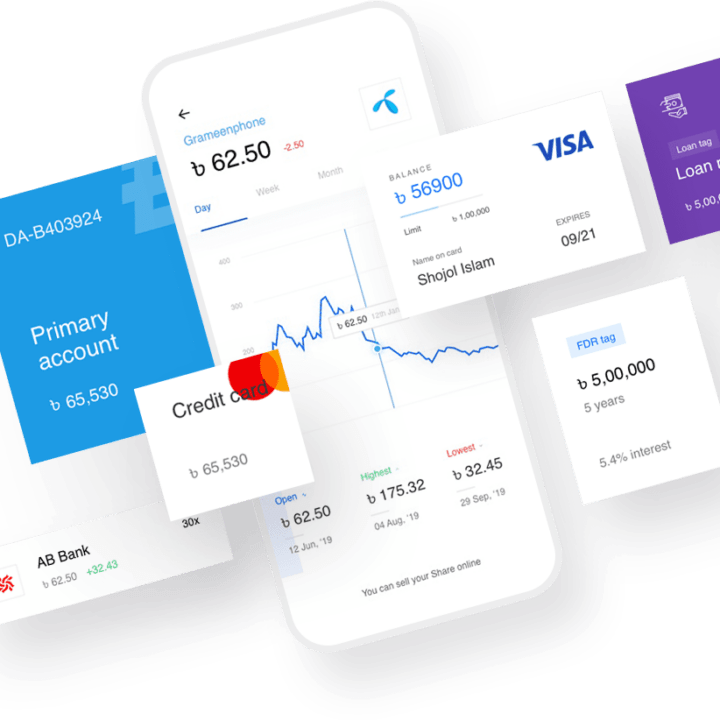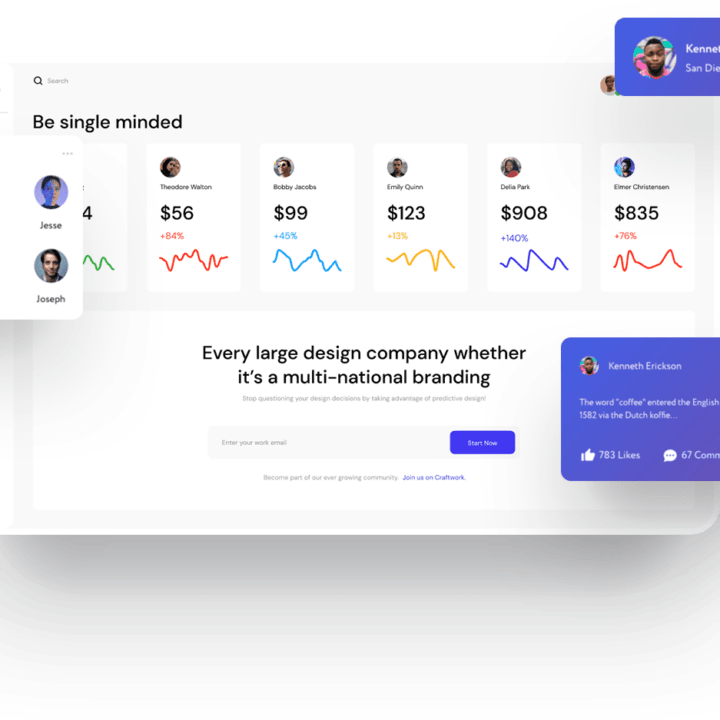HTML Basics for Business Owners: Understanding Your Website’s Foundation
HTML Basics for Business Owners
Whether you’re running a small business or scaling up through a modern website builder, having a grasp of HTML basics is a powerful advantage. You don’t need to become a coding expert, but knowing how your website foundation works helps you make smarter choices about design, functionality, SEO, and long-term growth.
For entrepreneurs who want to build a website, it’s tempting to leave everything to a digital agency. But the truth is, by understanding how websites are structured with HTML, you gain more control over your online presence. Whether you’re tweaking content, choosing a template, or speaking to your developer, a little knowledge goes a long way.
Why Business Owners Should Learn HTML
Many small business owners ask, “Why should I learn HTML if I can just use a website builder for beginners?” The answer lies in empowerment. Even the most intuitive local business website builder will benefit you more if you understand the underlying structure of your site.
- Better Communication with Developers: You’ll know what your team is talking about when they mention tags, attributes, or elements.
- Make Small Changes Quickly: Sometimes, you don’t need a full rebuild. With basic HTML, you can quickly fix text, links, and formatting.
- Improve SEO: Search engines like Google read HTML to understand your website. Knowing how tags affect SEO can improve visibility.
- Professional Appearance: Clean HTML ensures your site looks good across devices and browsers.
“HTML is the foundation of every digital storefront. Just like a brick-and-mortar shop has walls and doors, a website has tags and structure.”
What is HTML?
HTML stands for HyperText Markup Language. It’s not a programming language but the skeleton of your website. Every button, headline, and paragraph is wrapped in HTML to define its purpose. HTML works in partnership with CSS (for design) and JavaScript (for functionality).
Basic Structure of an HTML Page
Here’s a simplified explanation of what makes up a page:
- <!DOCTYPE html> – Tells the browser you’re using HTML5.
- <html>…</html> – The entire content of your webpage.
- <head>…</head> – Metadata, titles, descriptions that don’t display directly on the webpage.
- <body>…</body> – The part users actually see, including text, images, and navigation.
Even if you choose to get a professional website through a web agency, this knowledge helps you understand your site’s foundation.
Essential HTML Tags Every Business Owner Should Know
Text Formatting Tags
- <h1> Headlines – Search engines read these for ranking importance.
- <p> Paragraph – Standard text content.
- <strong> Important text – Adds emphasis and SEO weight.
- <em> Italics – Highlights information subtly.
Links and Images
- <a href=”url”> – Creates clickable links to other web pages or resources.
- <img src=”image.jpg” alt=”description”> – Displays images with an alt description vital for accessibility and SEO.
Lists and Navigation
- <ul><li></li></ul> – Creates unordered bullet lists.
- <ol><li></li></ol> – Creates numbered lists.
HTML and SEO: Building Discoverability
If you want customers to find your business online without spending a fortune on ads, you need SEO-friendly HTML. For example:
- Title Tags & Meta Tags: Tell Google what your page is about.
- Header Tags (H1–H4): Organize content for both users and search engines.
- Alt Text on Images: Increases accessibility and keyword relevance.
How Business Owners Can Use This Knowledge with Website Builders
If you’re using a website builder no coding option, you still benefit from understanding these basics. For instance:
- Ensure your headings are structured logically (only one H1 per page).
- Fill in alt text fields when adding images.
- Edit URLs to be SEO-friendly, such as “/services/digital-marketing” instead of “/page123.”
Choosing the Right Tool
If you want to create a website in 1 hour, platforms like Pixel Cloud Media’s Website Builder provide drag-and-drop functionality, optimized templates, and built-in SEO tools. But knowing basic HTML ensures you’re not restricted by the platform—you can make small tweaks yourself or guide your web agency better.
Practical Example: Editing a Business Landing Page
Imagine you own a local bakery. You use a small business website builder to create your site, but you want to add a bold headline, a paragraph about your daily specials, and a link to your online ordering system. Here’s what the HTML might look like:
<h1>Welcome to Sweet Treats Bakery</h1> <p>We bake fresh bread and pastries every morning.</p> <a href="/order-online">Order Online Today</a>
This simple knowledge can help you build trust with customers and optimize your site for Google without a developer’s immediate help.
Common Mistakes Business Owners Make with HTML
- Using multiple H1 tags on one page.
- Skipping alt text on images.
- Inconsistent nesting of tags leading to layout issues.
- Adding content inside the <head> tag instead of the <body>.
HTML Resources for Business Owners
To expand your knowledge, here are credible resources:
FAQ: HTML for Business Owners
Do I need to learn coding if I use a website builder?
No. Tools like modern website builders simplify the process. But knowing basic HTML helps you customize your site and improves your SEO.
How does HTML affect my business’s online presence?
HTML is how search engines understand your website. Clean HTML and the right tags help your site rank higher and load faster, directly impacting customer engagement.
Can I create a website in 1 hour using HTML?
Not directly—hand-coding a site takes time. But you can create a website in 1 hour with a builder, and use your HTML knowledge to make strategic edits.
Is it worth paying a digital agency if I already know HTML?
Yes. HTML is just the foundation. Agencies add advanced design, marketing strategy, and performance optimization. Your HTML knowledge makes collaboration smoother.
Conclusion
Understanding HTML basics empowers business owners to take control of their digital storefronts. Whether you’re using a website builder no coding required or partnering with a digital agency, knowing the foundation helps you build smarter, communicate better, and optimize for growth. Don’t be intimidated—HTML is not about becoming a developer, but about being an informed business owner who takes charge of their online presence.
Ready to build your next site? Explore the best website builder tools tailored for small businesses and create a professional website that grows your brand today.





